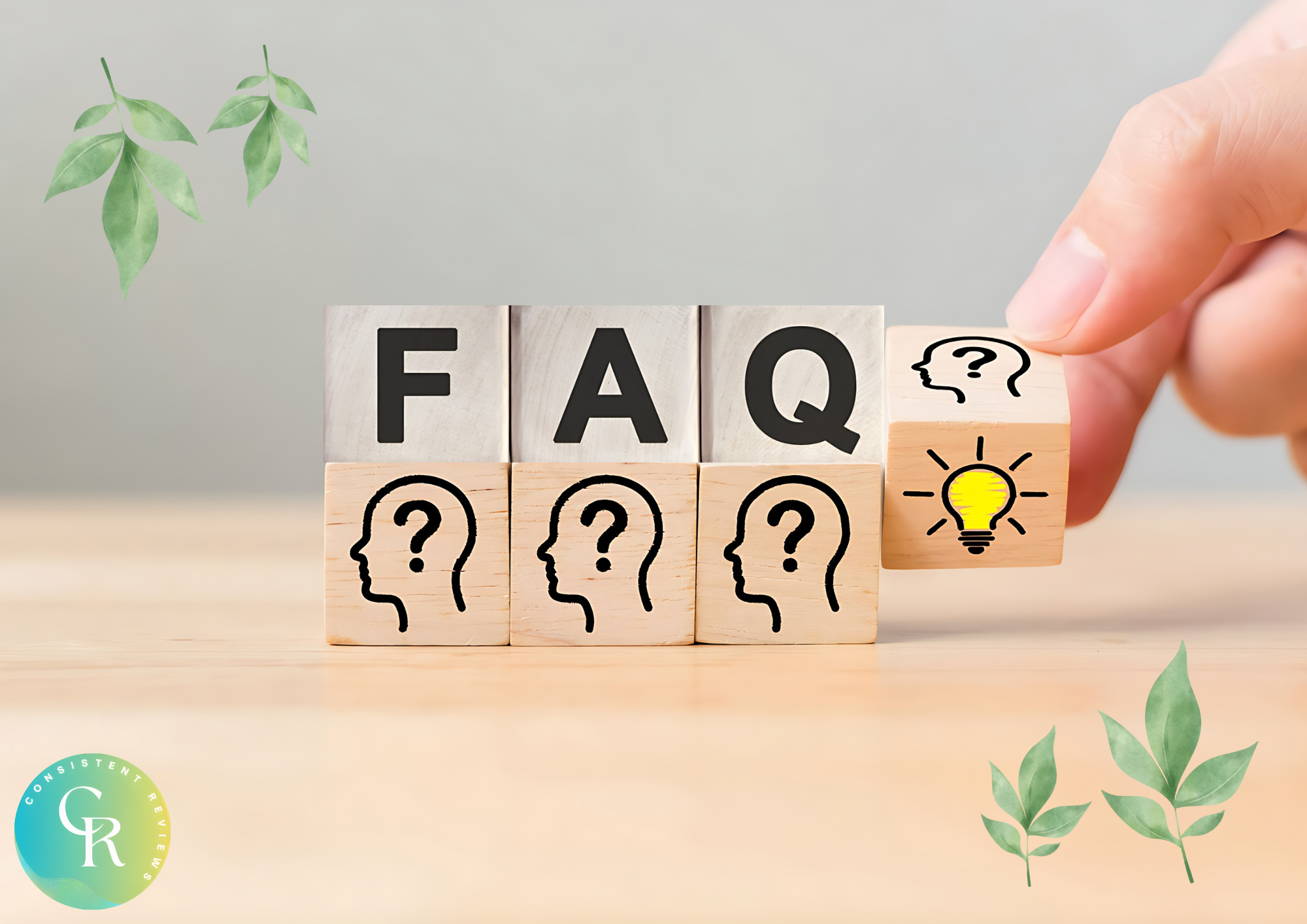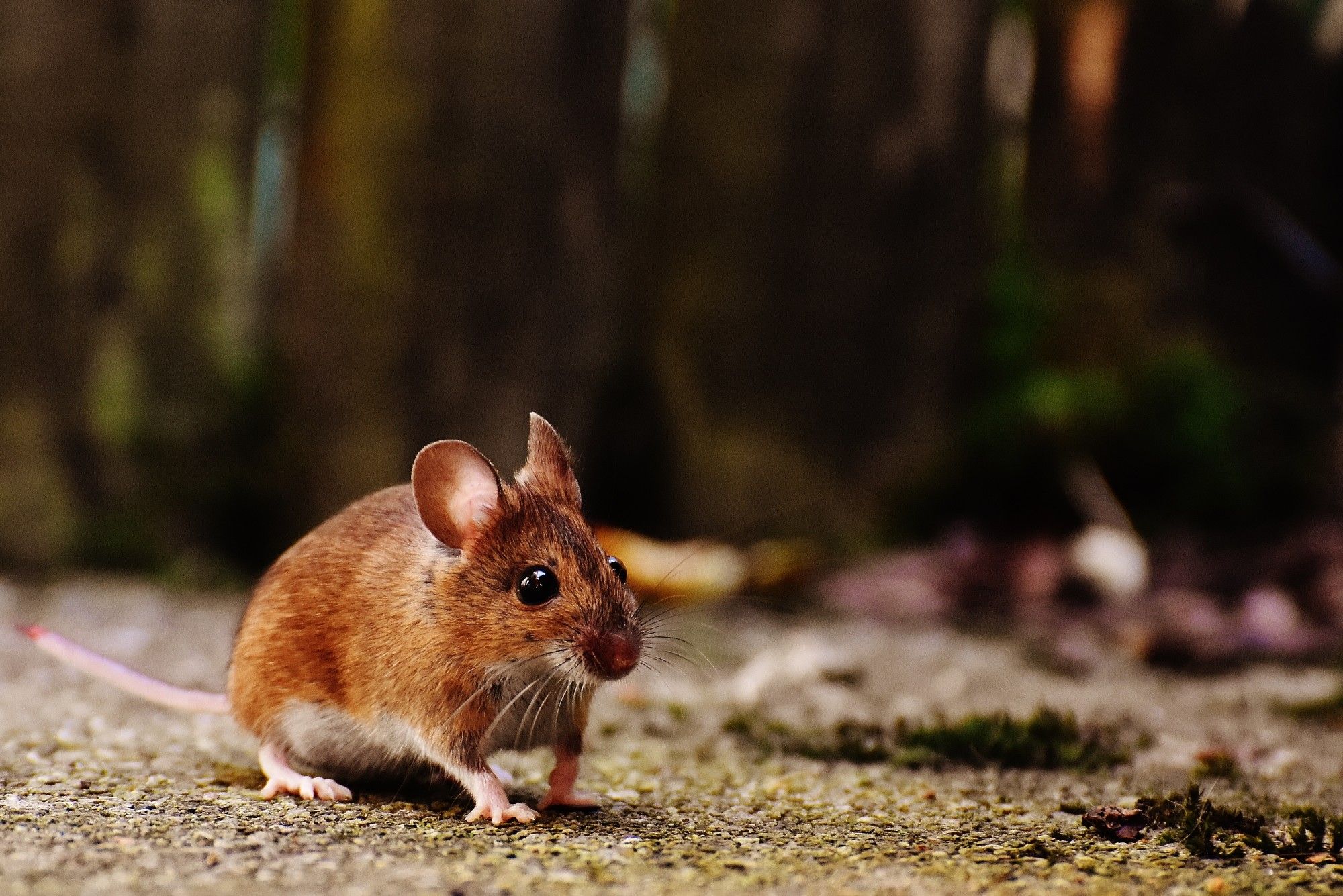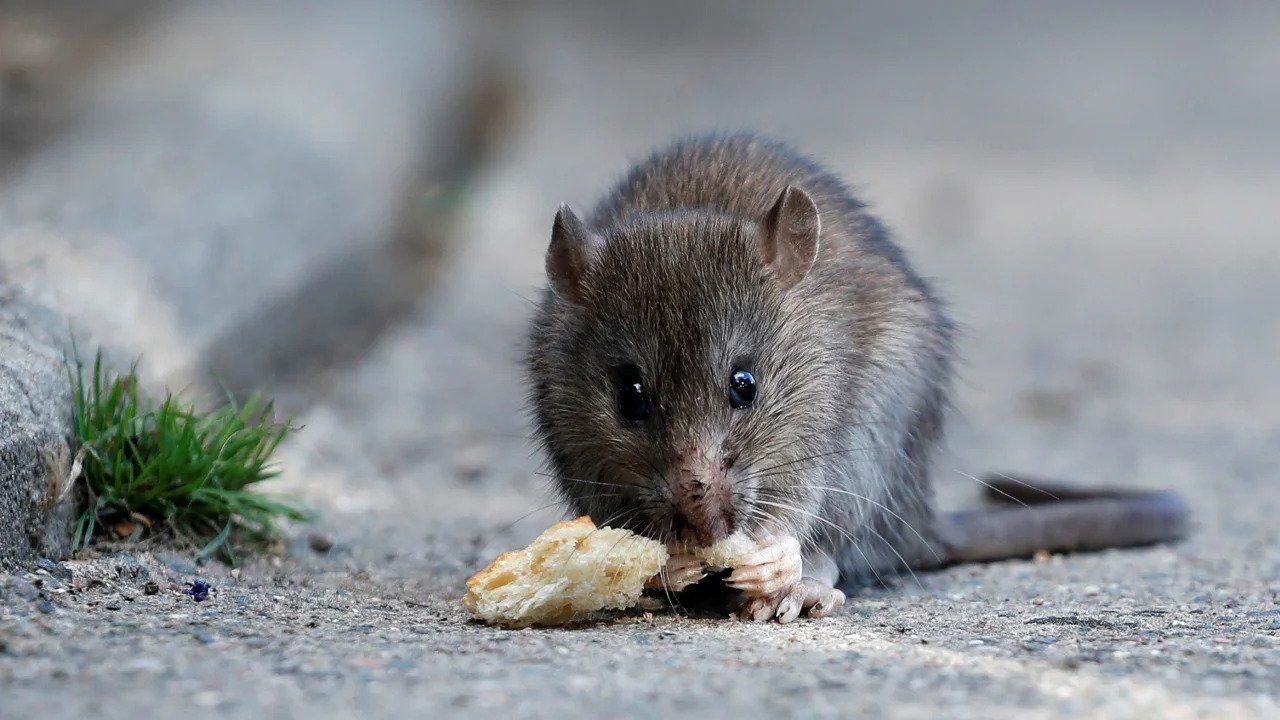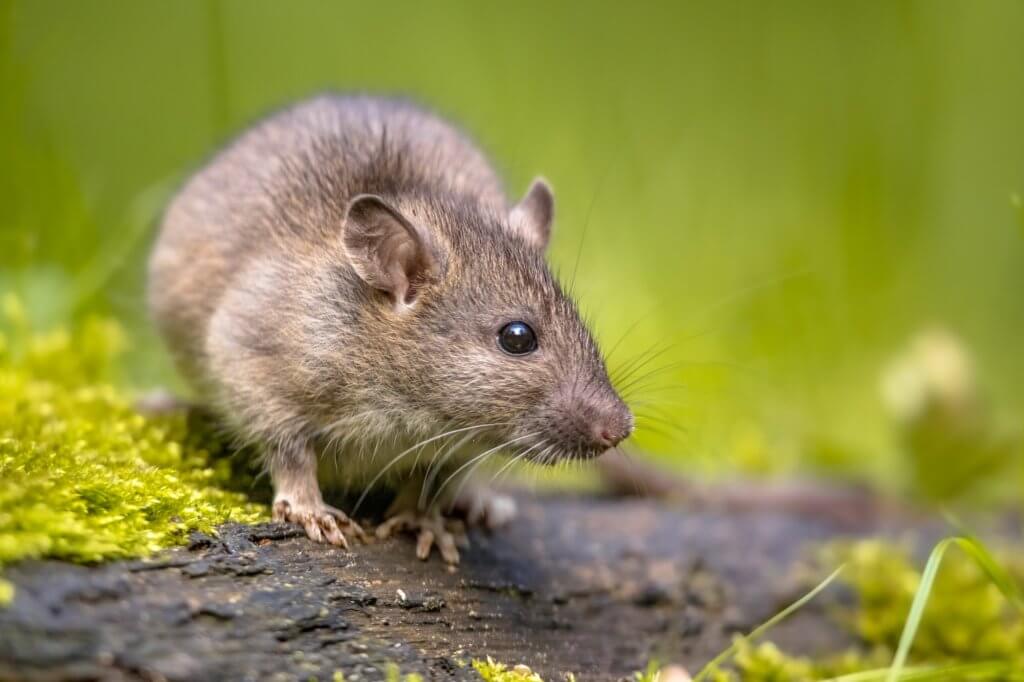Chipmunks, those small rodents with a fondness for sunflower seeds, might seem adorable at first glance. However, when you see the damage they cause in your garden or the threat of diseases they can carry like Colorado tick fever and Rocky Mountain spotted fever, you may be singing a different tune. In this post, we will discuss how to get rid of chipmunks by using various methods, including bird feeders high above ground, homemade chipmunk repellents, and even lethal traps that kill chipmunks if necessary.
Understanding Chipmunks
Eastern chipmunks and least chipmunks are among the most common species that homeowners encounter. They are known for their burrow entrances in garden beds or near a home's foundation. These burrows are more than just simple holes; they are complex underground tunnels where chipmunks store food, sleep, and even breed.
Chipmunks are omnivores, eating everything from bird eggs to garden plants. They often attract other wildlife, leading to an increased number of wild animals around your property.
How to Identify a Chipmunk Problem
Identifying a chipmunk infestation involves observing for signs of chipmunk activity such as chipmunk burrows, droppings, or even hearing their distinctive chirping sounds. You may also notice damage to your garden bed, flower bulbs, or retaining walls due to chipmunks digging through them.
How to Get Rid of Chipmunks
Remove Attractants
One of the first steps in chipmunk control is to remove what attracts chipmunks to your yard. This includes pet food, bird seed, and even rock piles that can provide cover. Consider using rodent-proof containers for storing food and cleaning up any fallen bird seed regularly.
Using Repellants
There are numerous ways to repel chipmunks from your property. You can use squirrel repellents, granular repellents, or liquid repellents around the perimeter of your property or near known chipmunk activity areas. Homemade chipmunk repellent options include a mix of cayenne pepper and water sprayed around your garden.
Natural repellents such as predator urine or human hair can also deter chipmunks. Electronic repellents are another option, producing ultrasonic frequencies that chipmunks find disturbing.
Modify Their Habitat
Modifying the chipmunks' habitat can help prevent chipmunks from making your property their home. This includes removing wood piles and trimming back plantings. Creating a plant-free gravel border can also deter digging.
Trapping and Relocating Chipmunks
Catching chipmunks can be done using humane methods. Once caught, relocating chipmunks far away from your property can ensure they don't return.
However, it's essential to check local laws regarding trapping and relocating wildlife as some areas may have restrictions.
Pest Control Expert
If all else fails, or if the chipmunk population becomes too much to handle, it may be time to call pest control companies. These experts can provide professional solutions to your chipmunk problem, including lethal traps if necessary.

Do chipmunks carry diseases?
Yes, chipmunks can carry diseases that affect both humans and animals. In particular, the most common disease associated with chipmunks is tularemia or “rabbit fever”, which is caused by a bacterium called Francisella tularensis.
Humans are usually exposed to tularemia through contact with infected animal material such as saliva, urine, or feces from sick animals – including chipmunks – or from eating infected meat. Symptoms of the infection in humans include fever, chills, headache, and body aches; while in animals it can cause sudden death without any noticeable symptoms beforehand. It's important to be aware that not all cases of tularemia will display symptoms; however, those that do may be very severe and require immediate medical attention if left untreated.
Chipmunks also have the potential to carry other zoonotic diseases (diseases that are transmissible between animals and humans) such as Lyme disease which is passed onto people via tick bites from an affected animal like a chipmunk; rabies which affects both humans and warm-blooded mammals; hantavirus pulmonary syndrome (HPS) for which rodents like chipmunks serve as reservoirs for the virus; Salmonella infections resulting from handling wild baby mice including baby chipmunks among others pathogens transmitted by this species of mammal so its always best to take preventive measures when dealing with them.
To reduce your risk of contracting any of these illnesses it’s recommended you avoid contact with wild rodents whenever possible since they could potentially transmit these diseases even if they appear healthy at first glance. Moreover, proper hygiene is essential when handling pets or wildlife - wash your hands frequently and never touch them directly without wearing protective gloves! If someone has been exposed to a sick rodent then immediately consult a medical professional - timely intervention can often prevent serious illness or even death in some instances depending on the virus/bacteria contracted!
Can chipmunks bite humans?
Chipmunks can bite humans, though it is rare. Chipmunks are wild animals who may become startled and defensive if they feel threatened in any way. If a chipmunk feels cornered or provoked, it may react by biting to protect itself from what it perceives as danger.
Chipmunks have sharp incisors that can cause minor puncture wounds if the animal does bite someone, but these bites are rarely severe or dangerous for humans unless there is an allergic reaction to the saliva left behind after the bite. Chipmunks also carry several different types of parasites, so getting bitten could result in a parasitic infection such as tapeworms or fleas if precautions aren't taken to cleanse and treat the wound immediately after the bite occurs.
In most cases, chipmunk bites can be avoided by leaving them alone and not attempting to touch them since they are easily startled by human contact due to their small size and lack of experience with people in their natural habitat. It's important for anyone living near areas where chipmunks are known to frequent (such as wooded areas) to take extra caution when stepping outdoors into unknown territory since chipmunks can make sudden movements that could surprise unsuspecting individuals.
What do chipmunks eat?
Chipmunks are small rodents found in North America that eat mainly seeds, nuts, fruits, and berries. They will also consume eggs, insects, frogs, lizards, and other small animals when available. Chipmunks often take advantage of their swiftness to escape predators by hiding or running away quickly.
In the wild, their diet consists of several types of nuts – including acorns, hickory nuts, and beechnuts – along with grains such as corn and wheat, mushrooms, and even birdseed! A variety of fruits like apples or berries are also a favorite treat for chipmunks. During winter they turn to eating more seeds as they store extra food during the warmer months ahead.
When it comes to insects they enjoy grasshoppers or caterpillars most when visiting gardens but will happily tuck into spiders or crickets if that’s all that is available! Furthermore, chipmunks have been known to eat eggs from birds’ nests nearby as well as certain reptiles such as lizards and snakes; although this is rarer than us consuming ready-made snacks from a supermarket shelf!
Overall chipmunks need to be provided with enough food sources throughout periods where natural foods may not be readily available so they can still nourish themselves sufficiently - A balanced dietary plan should contain plenty of fresh vegetables with the occasional fruit treats too! Thank you for reading about what chipmunks eat - Happy to discover exploring wildlife & nature more often.
How can I deter chipmunks from my property?
Deterring chipmunks from your property can be a tricky yet rewarding task. While they are small and seemingly harmless, chipmunks can cause serious damage to gardens, decks, and other parts of your property if left unchecked. Thankfully, there are several steps you can take to deter these pesky critters from invading your space.
First and foremost, keep the area around your home clean attracting chipmunks by removing debris such as wood piles or stacks of firewood that may attract them. Also be sure to seal any holes in areas where they could access into the home, paying special attention to spots near soffits and eaves. If possible, install metal mesh over ventilation openings or windowsills that might provide entry points for chipmunks.
Next up is food source control; the best way of doing this is by keeping bird feeders away from doors or other areas where chips could gain easy access to seeds. Additionally, try using traps (such as live traps) as a method for catching chipmunks before they have a chance to cause any further damage to your property or make their way into the house. If done properly it should also help reduce their population in the surrounding area if others have been living nearby too! Finally, it's important not to forget about eliminating potential water sources - it may seem like an odd step but leaving out water dishes (as well as pet food) attract chipmunks will deprive them of sustenance in addition to depriving them of cover which is essential for their survival!
Are homemade chipmunk repellents effective?
Yes, homemade chipmunk repellents can be effective when used correctly. There are many different options available and all can help to deter these tiny rodents from entering your yard or garden.
One of the most popular methods is to create a natural barrier around your property using plants that chipmunks don’t like. Examples include garlic, onions, and marigolds. Planting these strategically around the perimeter or in tight rows along pathways where chipmunks tend to travel will help keep them away from areas you don’t want them entering. You may also wish to use repellent essential oils such as peppermint oil which studies have shown can be an effective option for keeping chipmunks away when applied consistently around problem areas such as window sills and doorways.
Another important step in preventing an infestation is to make sure food sources are not easily accessible by trimming back branches near your home that provide access to bird feeders or pet food dishes outside. Additionally, sealing off any holes into attics or crawl spaces where they might find shelter is also a must (ensure there are no babies inside before doing so). If you regularly see a lot of activity at night, motion-activated lights may also help reduce their population over time if used properly with other preventative measures already mentioned above.
Finally, if all else fails it may be necessary to bring in a professional pest control service but following the tips described here should still put you on the right track for creating an effective homemade repellent system against chipmunks!
How can I prevent chipmunks from digging in my garden?
There are several steps you can take to prevent chipmunks from digging in your garden.
First, it’s important to understand why chipmunks might be attracted to your garden in the first place. Chipmunks love areas with plentiful vegetation, which includes gardens that have plenty of flowers, fruits, and vegetables. They also like gardens because they provide a safe hiding place when they feel threatened by predators such as cats or dogs. Additionally, chipmunks are drawn to gardens where there is easy access to food sources such as birdseed or stored pet food.
Once you understand why chipmunks may be attracted to your garden, there are several measures you can take to discourage the chipmunks hate keep them from digging around the area:
-Remove any potential sources of food that could attract them (like bird feeders and pet food containers).
-Place metal sheeting or thorny branches around the perimeter of your garden; this will make it harder for them to access the area and create obstacles for their burrowing activities.
-Install motion sensor lights nearby; this will startle any animals trying to gain access during nighttime hours.
-Introduce natural predators like owls and snakes into space – if done carefully these predatory creatures can be effective deterrents without posing an immediate risk for humans or pets. Additionally, planting fragrant shrubs such as lavender near the perimeter of your garden will act as a natural repellent against many rodent species including chipmunks!
What should I do with a caught chipmunk?
If you have caught a chipmunk, the best thing to do is to release it back into its natural habitat. Chipmunks are wild animals and should not be kept as pets. If you are unable to release the chipmunk back into its natural habitat, contact your local wildlife rehabilitation center for assistance.

Dealing with a chipmunk infestation can be challenging, but with the right strategies, you can successfully reclaim your yard from these furry intruders. Start by eliminating food sources and creating a chipmunk-unfriendly environment. Use natural repellents and install ultrasonic deterrents to discourage chipmunks from entering your property. Protect your garden with bulb cages and granular repellents, and if necessary, consider live trapping and relocation. By following these effective and humane methods, you can enjoy a chipmunk-free yard while maintaining the well-being of these adorable creatures.












